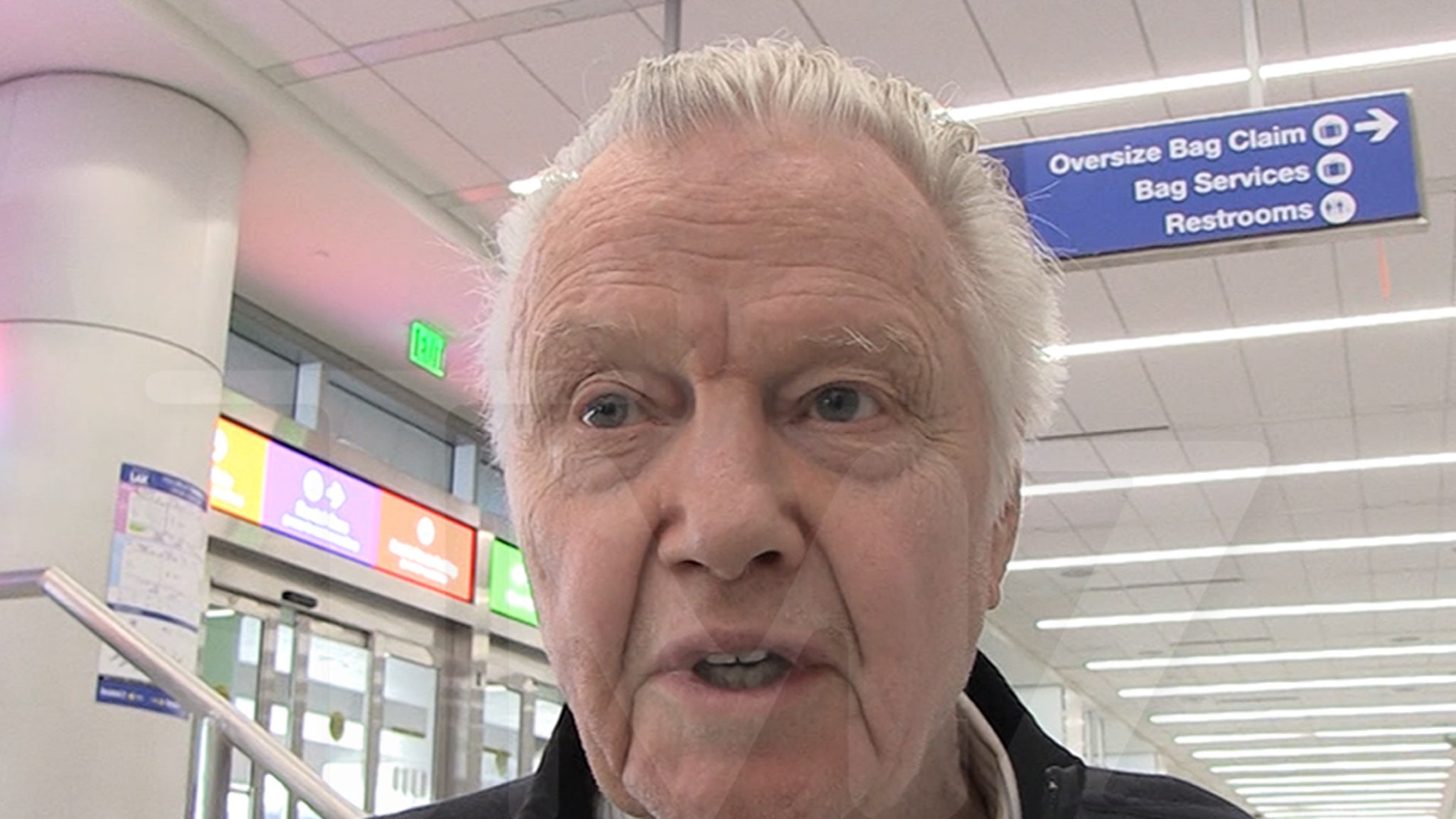Culture
Fauci Speaks His Mind on Trump’s Rages and Their ‘Complicated’ Relationship

Three months into the coronavirus pandemic, Dr. Anthony S. Fauci was at home in northwest Washington when he answered his cellphone to President Donald J. Trump screaming at him in an expletive-laden rant. He had incurred the president’s wrath by remarking that the vaccines under development might not provide long-lasting immunity.
That was the day, June 3, 2020, “that I first experienced the brunt of the president’s rage,” Dr. Fauci writes in his forthcoming autobiography.
Dr. Fauci has long been circumspect in describing his feelings toward Mr. Trump. But in the book, “On Call: A Doctor’s Journey in Public Service,” he writes with candor about their relationship, which he describes as “complicated.”
In a chapter entitled “He Loves Me, He Loves Me Not,” Dr. Fauci described how Mr. Trump repeatedly told him he “loved” him while at the same time excoriating him with tirades flecked with four-letter words.
“The president was irate, saying that I could not keep doing this to him,” Dr. Fauci wrote. “He said he loved me, but the country was in trouble, and I was making it worse. He added that the stock market went up only 600 points in response to the positive Phase 1 vaccine news, and it should have gone up 1,000 points, and so I cost the country ‘one trillion dollars.’” (The president added an expletive.)
“I have a pretty thick skin,” Dr. Fauci added, “but getting yelled at by the president of the United States, no matter how much he tells you that he loves you, is not fun.”
The book, which will be released on June 18, traces the arc of Dr. Fauci’s life, from his boyhood in Brooklyn as a son of first-generation Italian Americans (his father was a pharmacist, and the family lived above the “Fauci Pharmacy”) through his 54-year career at the National Institutes of Health, 38 of them as the director of the National Institutes of Allergy and Infectious Diseases.
It is 450 pages long, and Dr. Fauci devotes about 70 of them to the first year of the coronavirus pandemic, when Mr. Trump was in office. His criticisms of Mr. Trump and his White House are at times blunt and at other times oblique, leaving readers to draw their own conclusions.
Dr. Fauci served under seven presidents, shepherding the nation through infectious disease threats including AIDS, swine flu, anthrax and Ebola. But the coronavirus pandemic turned him into a polarizing public figure and a target of Republicans, particularly Mr. Trump’s most ardent supporters.
During a tense hearing this month before the House Select Subcommittee on the Coronavirus Pandemic, Dr. Fauci forcefully denied Republican allegations that he had helped fund research that started the pandemic or had covered up the possibility that it originated in a laboratory. He called the accusations “absolutely false and simply preposterous.”
In Dr. Fauci’s telling, the Trump White House was different than any other he had experienced, not least because of its passing relationship with the truth. Mr. Trump, he wrote, “shocked me on Day 1 of his presidency, with his disregard of facts such as the size of the crowd at his inauguration” and his “aggressive disrespect for the press.”
Those differences extended to the relationship between Mr. Trump and Vice President Mike Pence, the chairman of the White House coronavirus response task force.
“Vice presidents,” Dr. Fauci wrote, “are almost always publicly loyal to the president. That is part of the job. But in my opinion, Vice President Pence sometimes overdid it. During task force meetings, he often said some version of, ‘There are a lot of smart people around here, but we all know that the smartest person is upstairs.’”
Then, without explicitly saying Mr. Pence was referring to Mr. Trump, Dr. Fauci wrote, “He was of course talking about the man sitting behind the Resolute Desk in the Oval Office.”
Dr. Fauci also makes clear he had little use for some of Mr. Trump’s advisers: his chief of staff, Mark Meadows; his chief economic adviser, Peter Navarro; and his medical adviser, Scott Atlas. He said Mr. Trump’s aides were feeding negative stories about him to journalists in 2020.
“The growing White House hostility toward me over the spring and summer seemed to trigger at least in part the overt attacks on me by right-wing media and trolls using social media platforms,” Dr. Fauci wrote. That August, he opened a letter containing a “fine white powder” and “instantly feared anthrax or worse.” Hazmat teams were called into his office at the National Institutes of Health; a few days later, the F.B.I. confirmed the powder was harmless.
Dr. Fauci’s first encounter with Mr. Trump was before the coronavirus pandemic, at a White House ceremony where the president signed an executive order that called for improvements in the manufacturing and distribution of flu vaccines. After the event, Mr. Trump remarked to Dr. Fauci that he had never had a flu shot.
“When I asked him why, he answered, ‘Well, I’ve never gotten the flu. Why did I need a flu shot?’ I did not respond,” Dr. Fauci wrote. The implication was clear: The doctor was flabbergasted to discover that Mr. Trump knew so little about the purpose of vaccines.
On the morning of Jan. 29, 2020, Dr. Fauci wrote, the conservative political commentator Lou Dobbs, whom the doctor had known for years, called to say Mr. Trump wanted to meet him. Several hours later, Dr. Fauci found himself in the White House Situation Room, briefing the president and his top advisers on a new virus that was circulating in China. It was instantly clear to Dr. Fauci, the scientist from Brooklyn, that he and Mr. Trump, the president from Queens, could relate to each other in the way that only New Yorkers can.
“He had a New York swagger that I instantly recognized — a self-confident, backslapping charisma that reminded me of my days in New York,” Dr. Fauci wrote.
But that is where the kinship ended. Dr. Fauci wrote that when Mr. Trump embraced hydroxychloroquine, an anti-malarial drug, as a Covid treatment on the basis of anecdotal evidence, he realized that “sooner or later I would have to refute him publicly.”
He painted the president as consumed with television ratings and the economy; after one coronavirus briefing in March 2020, Mr. Trump summoned Dr. Fauci into the Oval Office and called the Fox News personality Sean Hannity. Dr. Fauci recalled the moment: “‘Hey, Sean,’ he said on speakerphone. ‘You should see the ratings we have!’”
























